Fact or fiction: Online game helps you spot COVID-19 conspiracies

If your Facebook feed seems more clogged with conspiracy theories than usual, you’re not alone. Throughout 2020, we’ve seen all sorts of people and groups blamed for COVID-19, election interference and general chaos happening this year.
But how much of this information is true or false? The best conspiracy theories weave bits of fact in with fiction to spread as far and wide as possible. Tap or click here to see a major COVID-19 conspiracy debunked.
As technology and social media get more sophisticated, it takes a sharper eye to spot conspiracy theories. That’s why researchers at Cambridge created a game that shows how they spread. Try it out and see how you do!
In this game, nobody wins
It’s way too easy for disinformation to go viral, but not everyone knows how this happens. There’s a good amount of manipulation and planning involved — and a new game by researchers at Cambridge’s Social Decision Making Lab can show you how so many people are getting duped.
Go Viral is a browser game with three separate levels designed to test your knowledge of social media manipulation. You play an aspiring pundit with dreams of a bigger audience, and depending on the choices you make, you can achieve viral success or a low follower count.
The game takes five minutes to play and involves three levels of challenge: Emotion, Fake Expertise and Conspiracy. These, according to the game’s creators, are the three fundamentals behind any viral fake news campaign.
In the first level, you start with a selection of tweets to post to your in-game account. All of them are COVID-19-related, but one of them stands out:
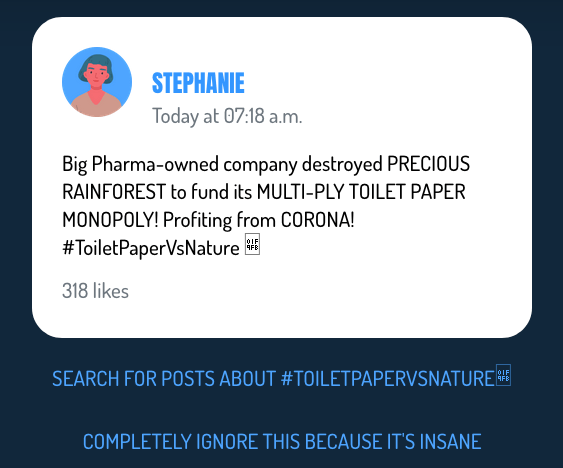
If you pick this tweet, the game takes off. You’re now able to manipulate the tweet for exposure. By the end of the game, depending on your choices, you could end up losing friends or sparking riots.
How will this game teach me to spot fake news?
Go Viral is based on a similar game launched in 2018 called Bad News, which taught players the mechanisms behind fake news operations. Researchers found playing the game reduced how much a person believed fake news stories by an average of 21%.
Don't pick up! Convincing scam calls trying to fool you
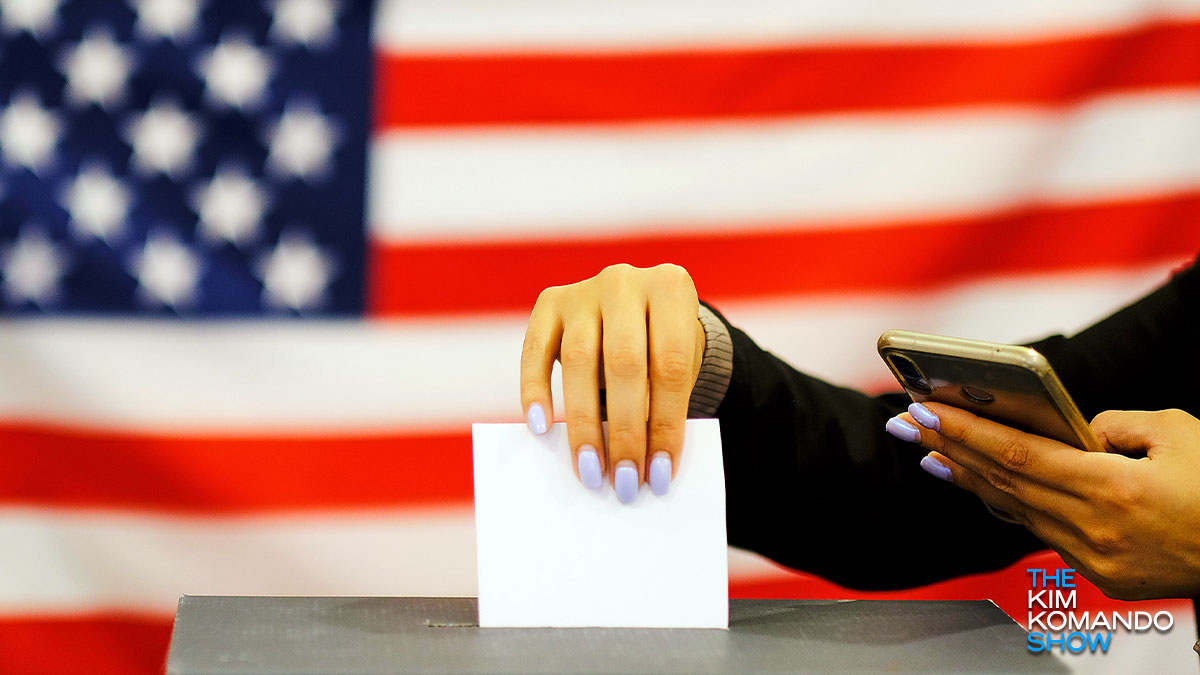
The 2020 election is about a month away and scammers are already trying to take advantage of voters. With so much disinformation floating around online, it’s easy to get suckered into a fake donation drive or poll if you’re not paying attention.
FBI warning: Don't believe everything you hear about this year's election
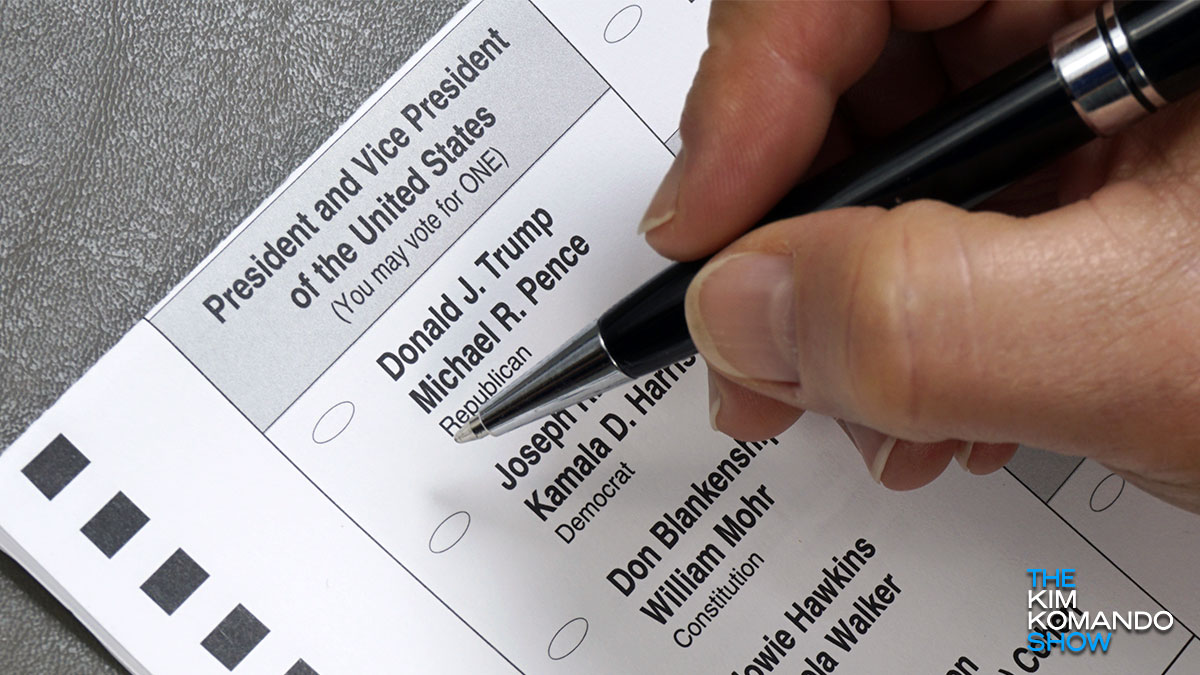
Election Day is drawing closer, and Americans from all corners of the country are ready to cast their votes and decide who represents us at the highest levels of government.
Back in 2016, we witnessed social media and technology play a bigger role than ever before. And this time around, election watchers are paying closer attention to how ads and influence campaigns play a role in voter behavior. Tap or click here to see how political ads have changed in 2020.
Facebook is paying users to QUIT before the election
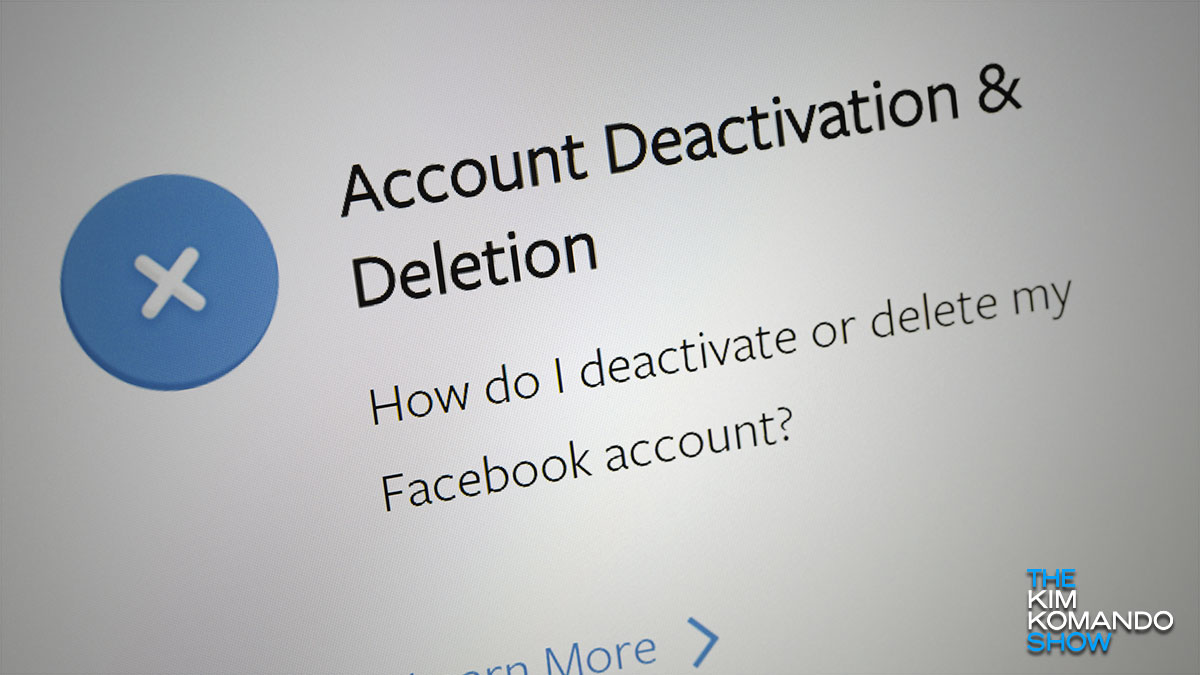
We’ve been saying that you should take a break from Facebook for some time now, but it’s no longer just data and privacy issues you need to worry about. There’s now a financial incentive to cut down your use.
Recently, Facebook announced that it would be reserving its right to delete or block any content that can potentially put it in legal trouble. The exact specifics of this are vague — and probably intentional. Tap or click here to see the changes Facebook made.
Parler: Your guide to the 'free speech' social network

Debates about free speech on the web are as old as the internet itself. But due to rapid changes in public discourse and opinion, not everyone is sure as to where free speech applies online.
Per the First Amendment to the U.S. Constitution, Congress shall make no law “…prohibiting the free exercise thereof; or abridging the freedom of speech.” Of course, this applies to the government making rules about speech, not businesses and the platforms they own. Tap or click here to explore a high-resolution digital edition of the U.S. Constitution.
Want to know what the future holds? Facebook has an app for that
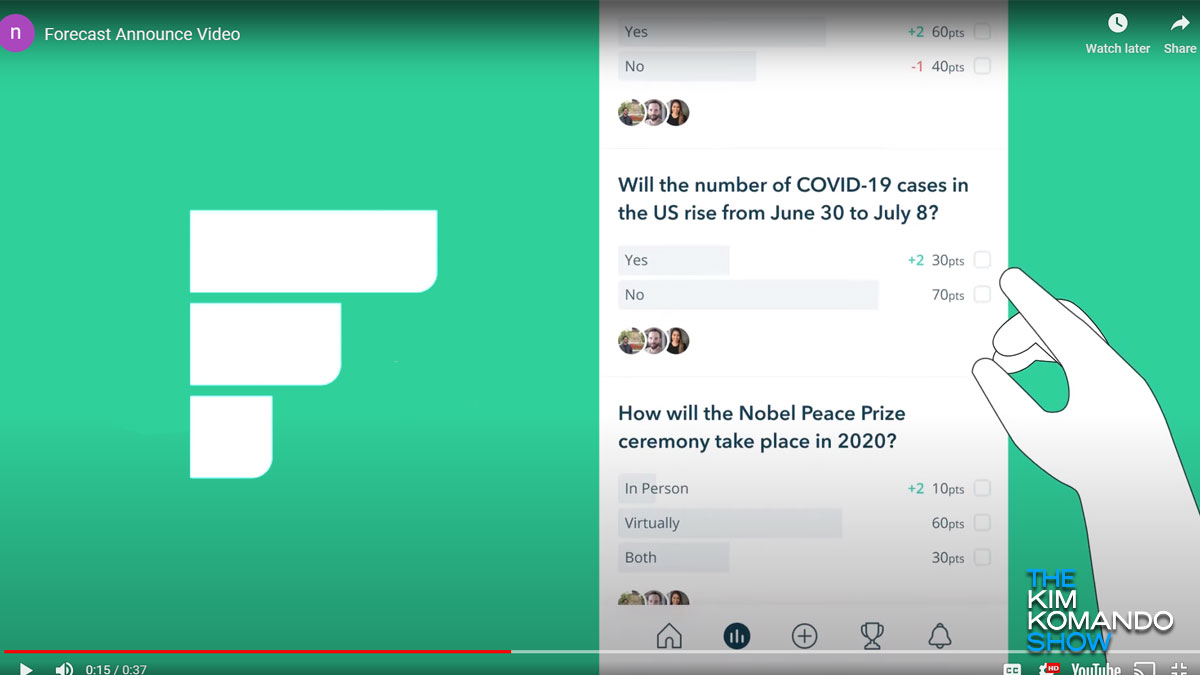
Facebook has been churning out new products at a rate we haven’t seen before. From Zoom competitors to a proposed fiat currency, the world’s largest social network plans on cementing its relevance for some time to come.
Check your phone! Surveillance firm accused of spoofing Facebook to spread spyware
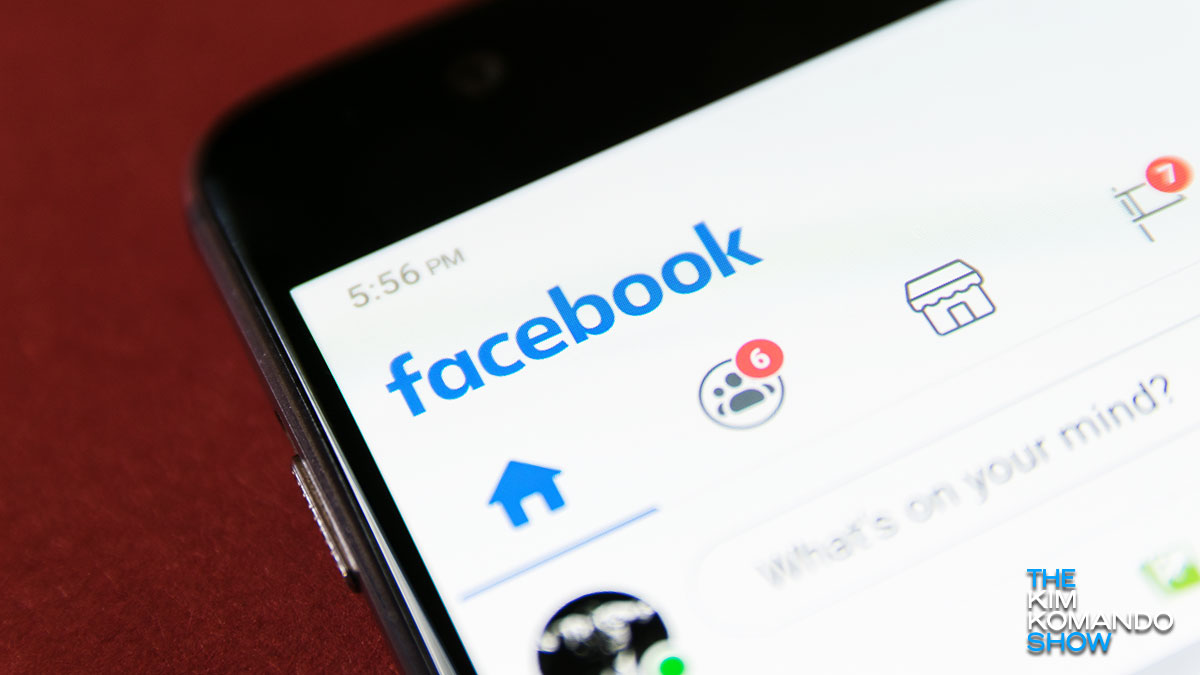
You might think malware is the kind of thing you only run into while visiting the seedier parts of the web. Mainstream websites, you tell yourself, wouldn’t have the same kind of risks as the Dark Web or free movie websites, right? Well, you’d be half right. Mainstream sites are usually safe — as long as the ones you’re visiting are the real deal.
Don't fall for this text hoax - there's no plan for a national quarantine

Over the weekend, a strange text message began to circulate around America. It warned recipients of an impending quarantine order and claimed the President of the United States would invoke martial law to control the spread of the COVID-19.
Coronavirus conspiracy theories from eating bats to oregano oil spreading online - see the real-time infection map

Do you feel a tickle in the back of your throat or a sniffle in your nose? You know it’s probably a common cold or the seasonal flu, but you can’t help but worry it’s something far worse: the dreaded Wuhan coronavirus.
Facebook won't limit political ads, but you can choose what you see
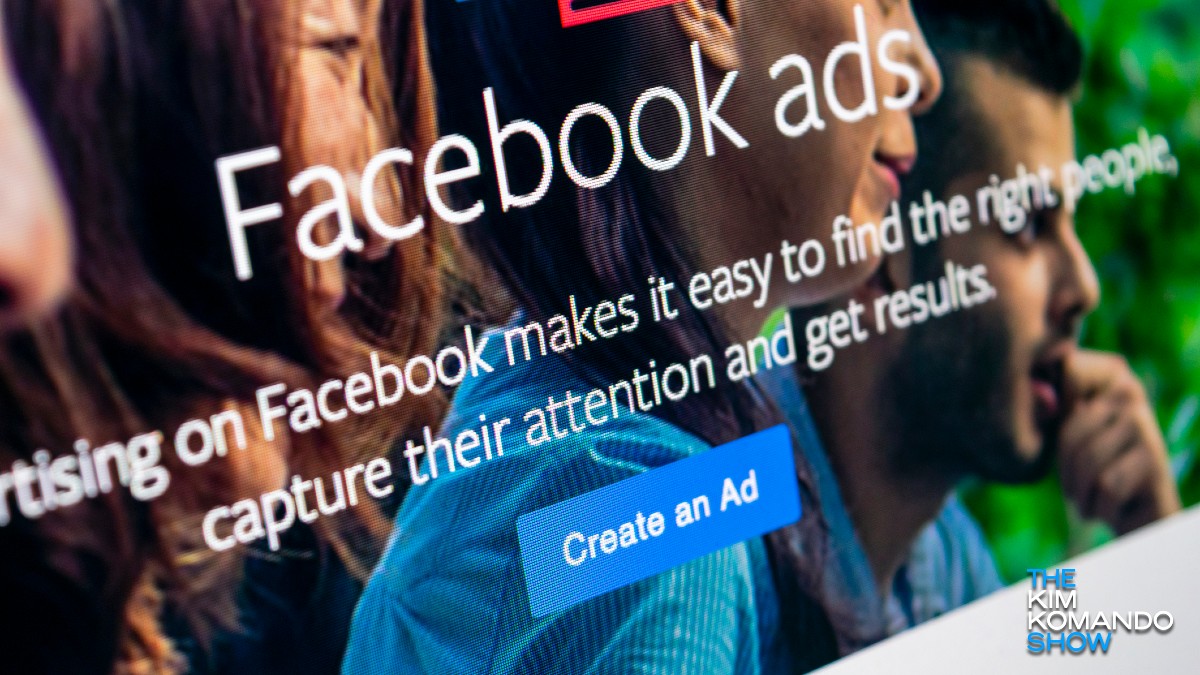
Though candidates started hitting the campaign trail last year, the arrival of 2020 marks the official start of election season. And where there’s a U.S. Presidential election, there’s ample opportunity for political ads, disinformation campaigns and other digital mischief.
